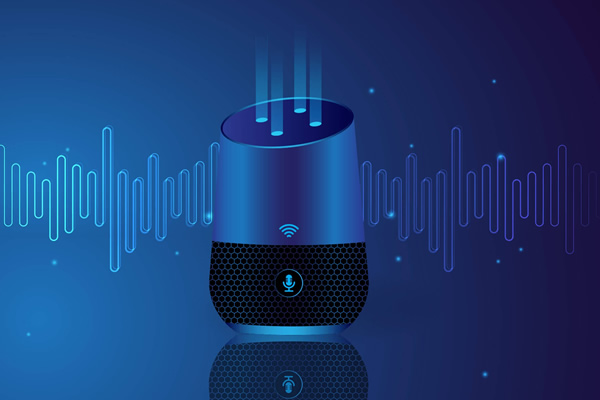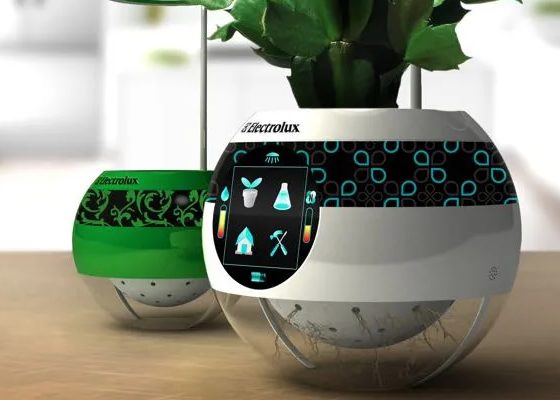
The Rise of Voice Assistants
A Brief History
The journey of voice assistants traces back to the rudimentary speech recognition experiments of the mid-20th century. It was only in the 21st century that they began gaining prominence. Apple’s Siri, launched in 2011, was a watershed moment, bringing voice-controlled virtual companions into mainstream consciousness. Subsequently, Amazon’s Alexa, Google Assistant, and others joined the party, each offering unique capabilities.
How They Work
Voice assistants rely on two fundamental technologies: speech recognition and natural language processing. The former involves converting spoken words into text, while the latter deciphers the intent behind those words. Together, these technologies enable voice assistants to understand and respond to complex requests.
Best Smart Speakers with Voice Assistants

The voice assistant arena is dominated by a quartet of giants:
- Amazon Alexa, known for its extensive ecosystem of third-party skills.
- Google Assistant, with the prowess of Google’s vast knowledge graph.
- Apple Siri, which is deeply integrated into Apple’s ecosystem.
- Microsoft Cortana, though less prominent today, played a pivotal role in the Windows environment.
Beyond the Basics
Personalization and User Profiles
Smart Home Integration
The real magic of the best smart speakers lies in their ability to control a growing array of smart home devices. From adjusting lights and thermostats to brewing your morning coffee, they serve as the orchestrators of your smart home ecosystem. The concept of a connected home is no longer a fantasy; it’s an everyday reality.
Third-Party Skills and Actions
One of the most exciting dimensions of voice assistants is the burgeoning ecosystem of third-party skills and actions. Developers create voice applications, or “skills,” that extend the functionality of voice assistants. This has resulted in a rich marketplace, offering everything from trivia games to meditation guides.
Voice Commerce
Voice commerce, often referred to as V-commerce, is reshaping the retail landscape. With a simple vocal command, you can order products, check prices, and track deliveries. However, it’s not without its challenges, especially concerning privacy and security.
Industry Applications

Healthcare
Voice assistants are making waves in healthcare. They enable remote patient monitoring, reminding individuals to take medications, and even answering medical questions. In medical practices, voice technology, facilitated by the best smart speakers, helps streamline administrative tasks and maintain accurate patient records.
Education
Education is undergoing a transformation through voice assistants. These digital educators offer personalized learning experiences, answer students’ queries, and provide educational content. In the future, the best smart speaker might become an indispensable tool in classrooms.
Customer Service
Voice assistants are not limited to our homes or phones; they’re also enhancing customer service. Many companies employ chatbots and virtual assistants to provide 24/7 support, reducing response times and improving customer satisfaction.
Automotive Integration
The automotive industry is embracing voice assistants with open arms. Voice commands for navigation, entertainment, and vehicle diagnostics are becoming standard features. As autonomous vehicles become more prevalent, voice interaction will play a critical role in ensuring a safe and user-friendly experience.
Privacy and Security
Data Collection and Privacy Concerns
The convenience of voice assistants comes with a trade-off – the collection of personal data. These virtual companions often record and store our interactions, raising privacy concerns. The revelations of data breaches and unauthorized access serve as a stark reminder of the importance of safeguarding our digital lives.
Protecting Your Privacy
To protect your privacy, it’s essential to understand the privacy policies of your chosen voice assistant and smart speaker. Regularly review and delete voice recordings, opt for privacy-focused alternatives, and be vigilant about the information you share through voice commands.
The Future of Voice Assistants
Multimodal Interfaces
The future holds promise in the realm of multimodal interfaces, where voice, touch, and gestures combine to create a seamless user experience. This convergence will enable even more intuitive and interactive interactions with technology.
Improved Multilingual Support
As voice assistants become more sophisticated, they will break down language barriers. Multilingual support will allow people from diverse linguistic backgrounds to communicate with their devices effortlessly, opening up new horizons for global interaction.
Accessibility and Inclusion
Voice technology is a game-changer for people with disabilities. It provides a lifeline for those with limited mobility, vision, or dexterity. Making technology accessible to all is a paramount ethical consideration, and voice assistants play a vital role in achieving that goal.
Ethical Considerations
As the influence of voice assistants continues to grow, so do ethical considerations. Ensuring that these technologies are free from biases and discrimination is a responsibility that lies with developers and regulators. It’s essential to create AI systems that promote fairness and equity.
Conclusion
Voice assistants and the best smart speakers have transcended their rudimentary origins to become integral components of our digital lives. The road ahead is filled with possibilities, from greater personalization to enhanced privacy measures. As we navigate this digital soundscape, embracing the potential of these voice-powered companions, we should also remain vigilant about the ethical and privacy implications, ensuring that they truly serve humanity’s best interests.



